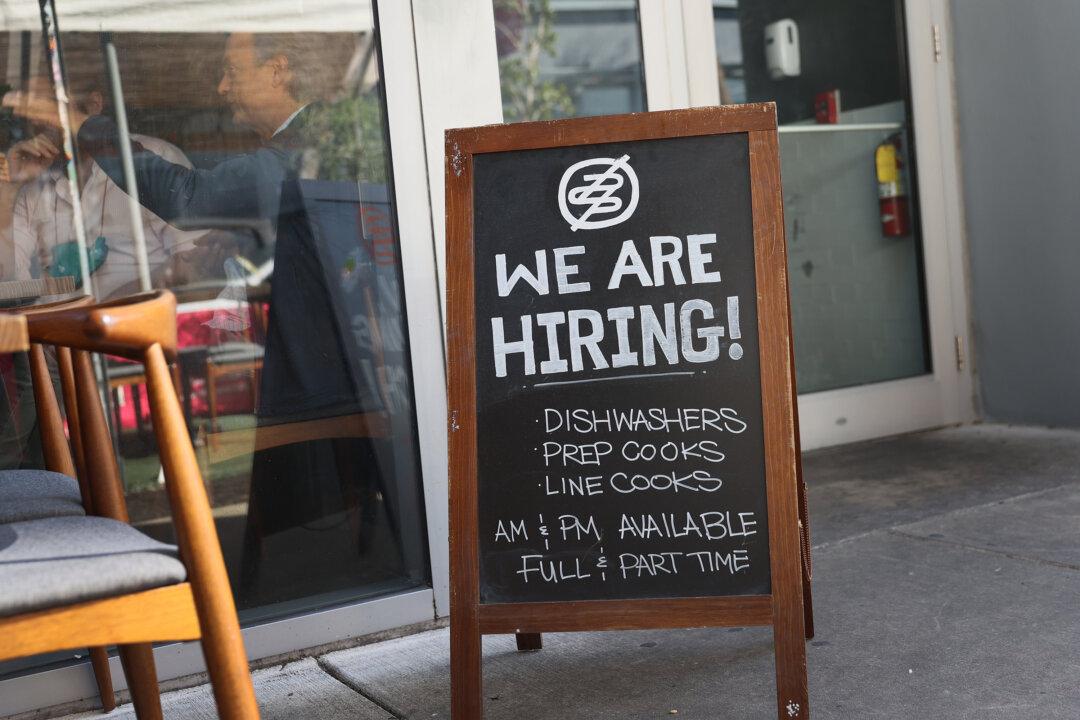Republican leaders in 25 states will terminate the $300 weekly federal pandemic unemployment boost before funding for the program expires in September.
The weekly boost to state unemployment benefits was part of the third Trump-era pandemic stimulus package. Even under Trump, some Republicans argued that the supplement, which was $600 per week at the time, would result in some people staying out of the workforce because they would earn more money by staying home.





